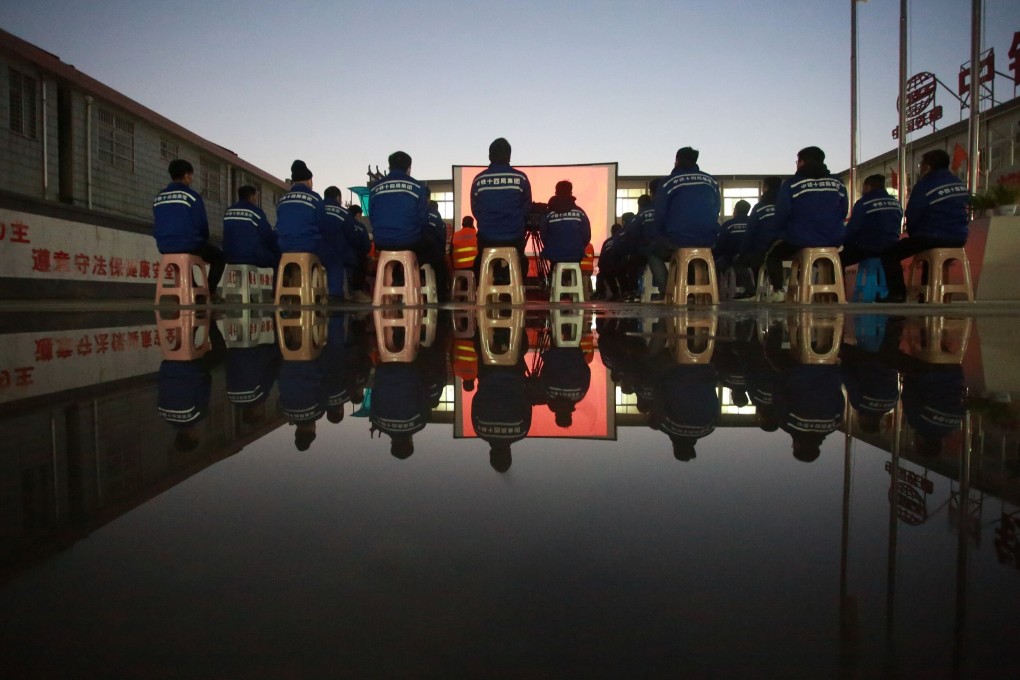China’s coronavirus fears curb migrant worker travel over Lunar New Year, but small factories to stay shut
- China’s annual Lunar New Year exodus of migrant workers from big cities has been put on hold this year as authorities encourage workers to stay in place
- Employers say with more workers staying in big cities, recruitment after the holiday will be easier and businesses will be able to rapidly resume operations

More than 100 million Chinese migrant workers will drop the decades-long tradition of returning home for the Lunar New Year holiday this year and instead stay in big cities and manufacturing hubs.
The nation’s army of migrant workers has been a crucial component in the manufacturing boom that followed China’s opening up to the world in the late 1970s, and for almost four decades, nothing could stop their annual journey to see their families in rural provinces.
In Guangdong province, China’s manufacturing hub, cities like Shenzhen and Dongguan usually see up to 70 per cent of residents leave town for weeks at a time over the Lunar New Year holiday. But this month, the streets are unusually busy.
It’s hard to get used to the parks and malls being so lively on Lunar New Year’s eve
“It’s hard to get used to the parks and malls being so lively on Lunar New Year’s eve,” said Jade Zheng, a Shenzhen-based manufacturing operations manager. “In previous years, you only saw empty streets and vacant homes.